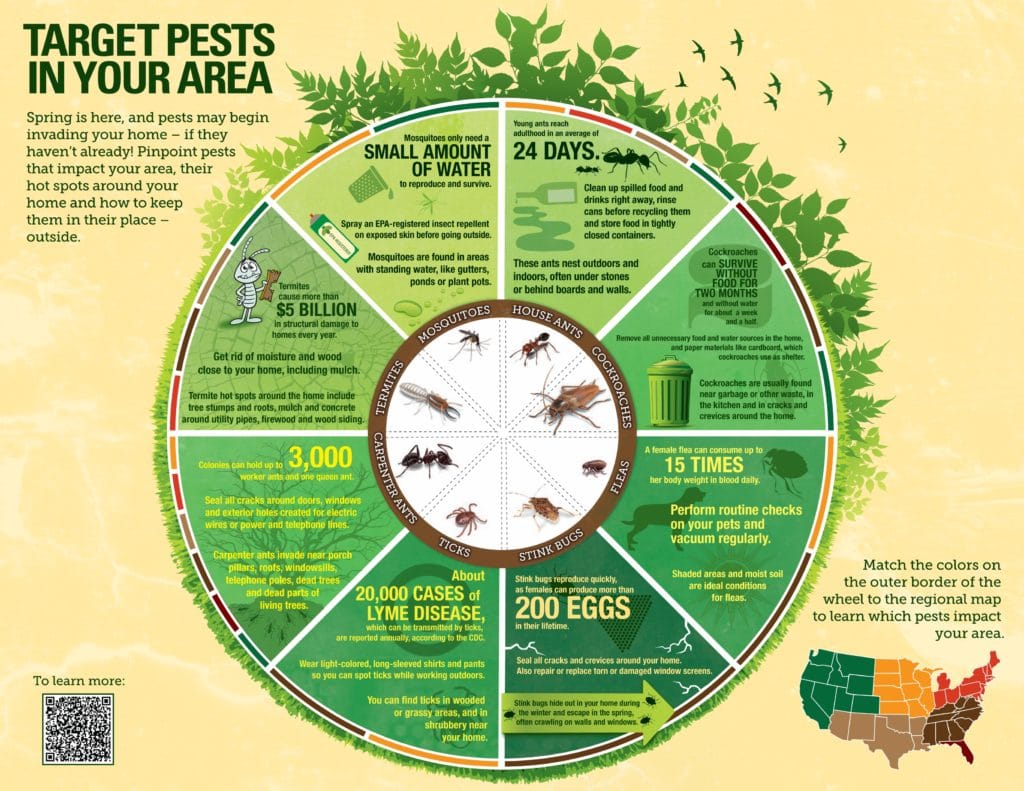Tips For Homeowners To Maintain Rodents Out Of Their Attics
Tips For Homeowners To Maintain Rodents Out Of Their Attics
Blog Article
Authored By-Webster Enevoldsen
Envision your attic room as a relaxing Airbnb for rats, with insulation as cosy as resort pillows and electrical wiring a lot more attracting than room service. Currently, visualize these undesirable guests tossing a wild event in your house while you're away. As a house owner, guaranteeing your attic is rodent-proof is not practically assurance; it's about securing your residential property and enjoyed ones. So, what basic actions can you take to guard your refuge from these hairy intruders?
Check for Entry Details
To begin rodent-proofing your attic room, examine for entrance factors. Beginning by meticulously analyzing the exterior of your home, searching for any kind of openings that rats could use to access to your attic. Check for voids around energy lines, vents, and pipes, along with any type of cracks or holes in the foundation or exterior siding. Make certain to pay very close attention to areas where different structure materials fulfill, as these are common entry points for rodents.
Furthermore, evaluate larue pest control for any harmed or missing tiles, in addition to any voids around the edges where rats could press via. Inside the attic room, search for indicators of existing rodent activity such as droppings, chewed wires, or nesting materials. Utilize source website to thoroughly inspect dark corners and hidden rooms.
Seal Cracks and Gaps
Inspect your attic room extensively for any type of cracks and gaps that need to be sealed to stop rodents from getting in. Rodents can squeeze via even the tiniest openings, so it's critical to seal any kind of possible access factors. Check around pipes, vents, wires, and where the walls satisfy the roofing. Use a combination of steel wool and caulking to seal these openings efficiently. Steel wool is an exceptional deterrent as rodents can not eat via it. Ensure that all gaps are snugly sealed to deny access to unwanted bugs.
Don't neglect the importance of sealing voids around windows and doors too. Use weather removing or door moves to secure these areas effectively. Examine the areas where utility lines go into the attic and seal them off using a suitable sealant. By taking the time to secure all cracks and voids in your attic, you produce an obstacle that rodents will locate challenging to breach. Avoidance is type in rodent-proofing your attic, so be detailed in your efforts to seal any type of potential entry points.
Get Rid Of Food Resources
Take proactive steps to remove or store all prospective food resources in your attic to deter rats from infesting the room. Rats are brought in to food, so eliminating their food sources is essential in keeping them out of your attic room.
Below's what you can do:
1. ** Store food safely **: Avoid leaving any type of food items in the attic room. Store all food in airtight containers constructed from steel or sturdy plastic to stop rodents from accessing them.
2. ** Clean up debris **: Eliminate any heaps of particles, such as old newspapers, cardboard boxes, or wood scraps, that rats could make use of as nesting product or food resources. Keep the attic clutter-free to make it less attractive to rats.
3. ** Dispose of garbage properly **: If you utilize your attic for storage space and have garbage or waste up there, see to it to dispose of it consistently and correctly. Rotting trash bin bring in rats, so keep the attic clean and devoid of any kind of natural waste.
Conclusion
In conclusion, remember that an ounce of avoidance deserves a pound of remedy when it concerns rodent-proofing your attic room.
By putting in the time to check for access points, seal cracks and spaces, and eliminate food sources, you can keep undesirable parasites at bay.
Keep in mind, 'An ounce of avoidance deserves an extra pound of remedy' - Benjamin Franklin.
Keep proactive and safeguard your home from rodent problems.
